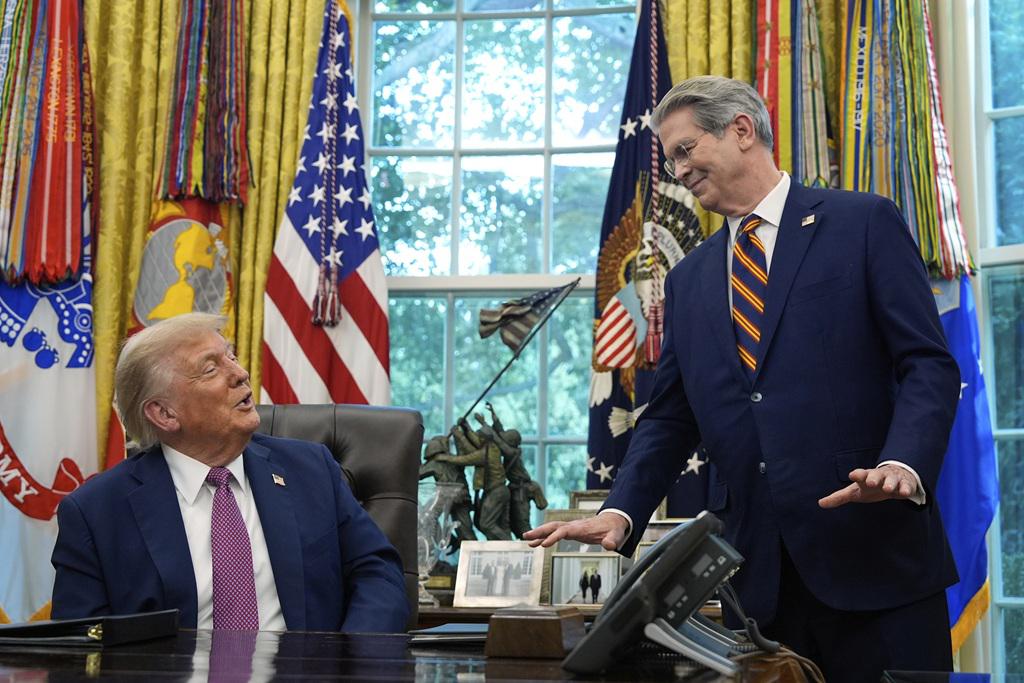Following the 9/11 attacks, the U.S. government intensified efforts to combat money laundering and hidden wealth transfers to prevent terrorism financing, with measures included in the USA PATRIOT Act. The 2008 financial collapse led to further regulations, bolstering the Financial Crimes Enforcement Network (FinCEN). However, wealth concentration increased, and oligarchs found ways to obscure ownership through trusts and opaque corporate structures.
In response to these challenges, reformers achieved a significant milestone with the 2020 Corporate Transparency Act (CTA), which requires disclosure of beneficial owners of shell corporations. This bipartisan law, passed towards the end of the Trump administration, aimed to improve transparency and tax collection, potentially recovering about a trillion dollars in uncollected taxes.
However, the incoming Trump Treasury Secretary Scott Bessent announced in March that penalties for failure to report beneficial ownership would not be enforced, effectively nullifying the CTA for most entities. This move received little mainstream media attention. Critics argue that it reflects a broader alliance between working-class constituents and unaccountable oligarchs, complicating the fight for transparency and economic security.
Investigative efforts, like Jeffrey Winters’ forthcoming book, emphasize the U.S. as a key secrecy jurisdiction, highlighting the need for public awareness and action against hidden wealth and oligarchy, suggesting that without accountability, economic inequality will only worsen.



